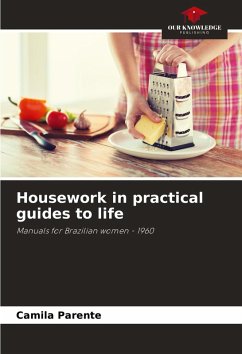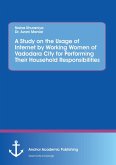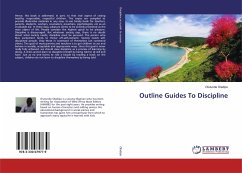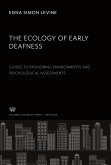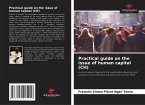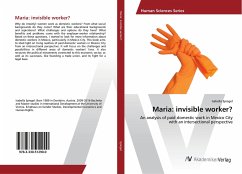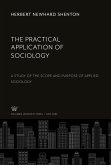In the 1960s in Brazil, domestic work was seen as essentially feminine. Household chores were of fundamental importance for women to be considered good housewives, and their happiness was associated with marriage, motherhood and domestic chores. Behaviour manuals, through the dissemination of their tips and practical advice, sought to strengthen the bond between women and the home environment. With this background as a starting point, this book discusses the perception of the behaviour manuals/guides 'Biblioteca do Lar' and 'Dicas e Conselhos Práticos para o Lar' and the magazine 'O Livro do Lar' about domestic work. To this end, it looks at the modernisation of the housewife and domestic work and the emphasis on saving time, utility and domestic economy, so that the housewife becomes more practical and efficient. It seeks to problematise: what is the proposed profile of the ideal housewife? Was there an idea of the division of domestic labour intended for the home environment? How is Home Economics presented to the housewife? What is meant by 'modernity' from the point of view of the guides?
Hinweis: Dieser Artikel kann nur an eine deutsche Lieferadresse ausgeliefert werden.
Hinweis: Dieser Artikel kann nur an eine deutsche Lieferadresse ausgeliefert werden.

